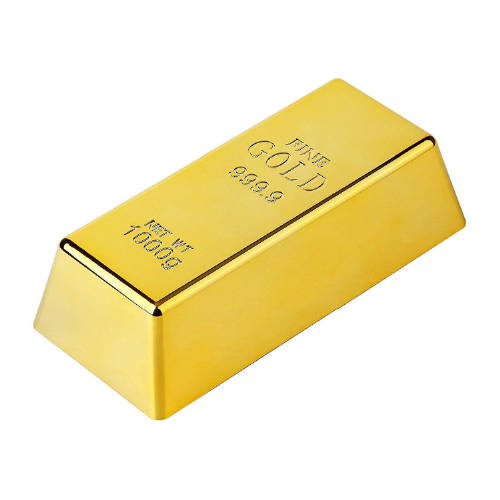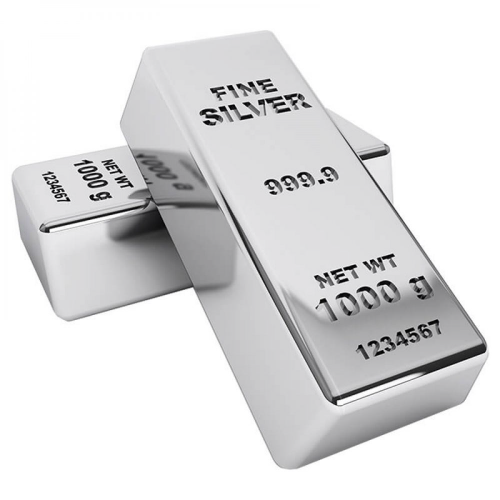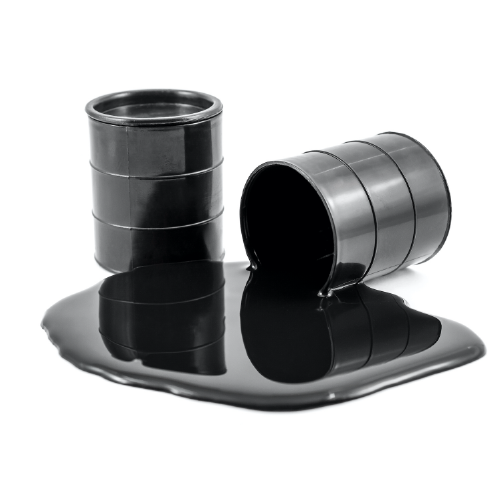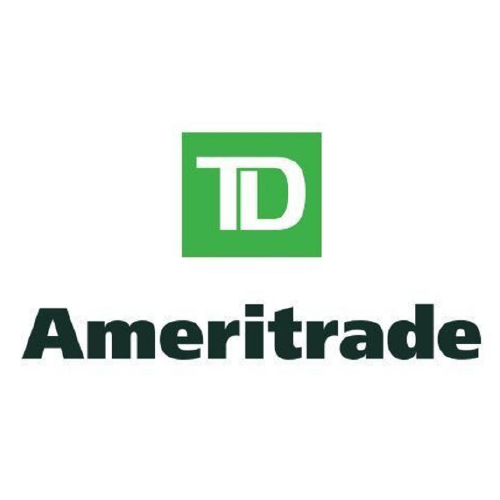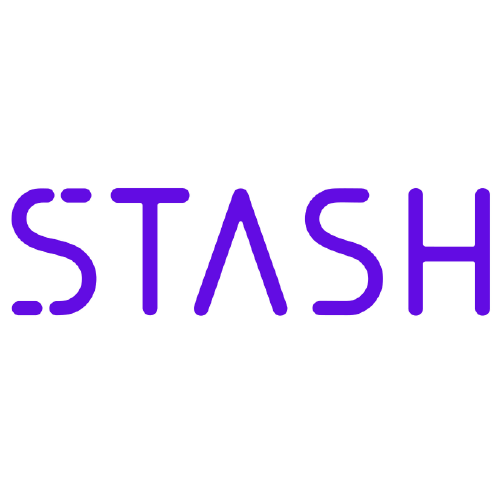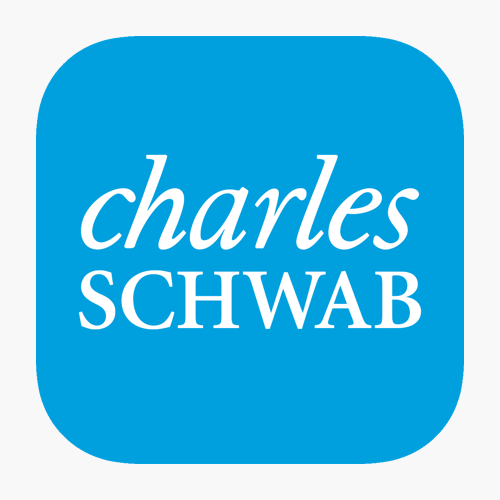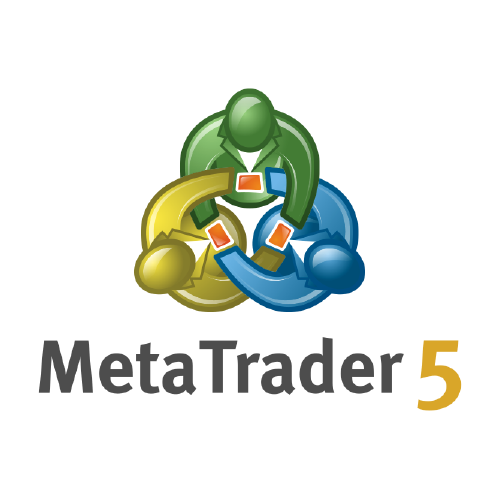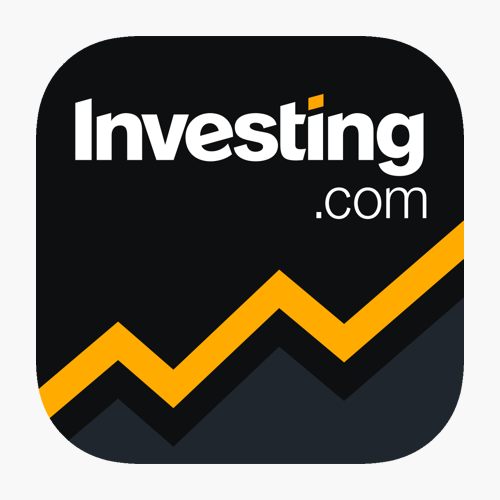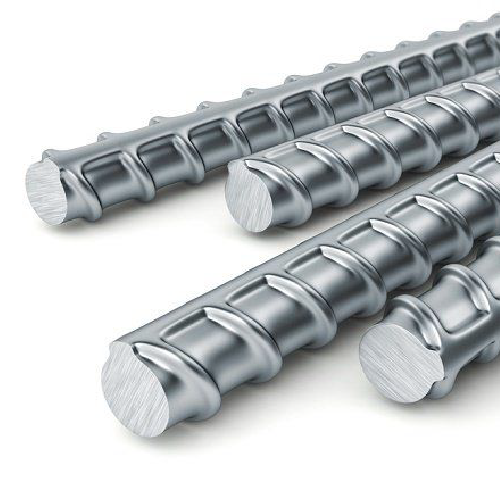
Best Fixed-Rate Bonds
- What Are Fixed-Rate Bonds?
- Types of Fixed-Rate Bonds
- Tracker-Rate Bonds
- Tax-Free Fixed-Rate ISA Bonds
- Advantages and Disadvantages of Fixed-Rate Bonds
- How to Decide Which Fixed-Rate Bond Is Right for You
- 1. For How Long Do You Want to Put Your Money Away?
- 2. How Much Do You Want to Save?
- 3. Do You Want Your Interest Paid Monthly or Annually?
- Best Fixed-Rate Bonds
- Seven-Year Accounts
- Five-Year Accounts
- Three-Year Accounts
- One-Year Accounts
- Final Thoughts
With the financial services market all over the place at the minute, it’s important to take control of your finances and get the best deals possible.
This means shopping around for the current accounts and savings accounts that best suit you and your lifestyle.
When it comes to savings, we need to be as savvy and open to options as possible, due to low interest rates and no return for loyalty.
It is worth doing your own research when it comes to where you store your money, whether it’s an everyday current account or a savings pot for the future.
What Are Fixed-Rate Bonds?
Fixed-rate bonds or accounts are designed for people who are putting away a lump sum of money for a set period of time, anything from six months to seven years.
These accounts tend to have the highest interest rates because they are fixed for a length of time. You should only open a fixed-rate bond if you can be without that sum of money for the duration; otherwise, you will be penalized for withdrawing early.
Savers must be 100% sure that they will not need that money in the specified time period, usually by having smaller savings pots elsewhere in case of emergencies.
Bottom of Form
Fixed-rate bonds are designed for people with a substantial amount of money, who are looking to put it away for a number of years. This could have been achieved from a lottery win, selling a house, solid business investment returns or saving up over a number of years.
You will not be able to top up the account with additional funds so it is an initial deposit and nothing else.
Any amount up to £85,000 per account is secured by the Financial Services Compensation Scheme (FSCS), meaning if the bank were to go bust, your money would still be protected.
Provided the bank is regulated by the Financial Conduct Authority (FCA), your money is safe.
Types of Fixed-Rate Bonds
As well as regular fixed-rate bonds, there are also tracker and ISA versions.
Whilst similar, there are also significant differences, especially with tracker-rate bonds.
Tracker-Rate Bonds
With this type of bond, the interest rate is not guaranteed; it rises (and often falls) in accordance with the Bank of England base rate. With some options, the more you invest, the higher the interest rate.
They’re still for a fixed term so you would be penalized for withdrawing money early.
With the base rate so low at the minute, tracker-rate bonds seem to have all but disappeared from the market.
Tax-Free Fixed-Rate ISA Bonds
Fixed-rate ISA bonds are exactly the same as normal fixed-rate bonds, except they are tax-free.
A limit of up to £20,000 is allowed as an ISA allowance, whether that’s in one account or across the various types of ISA.
A fixed-rate ISA bond is under the cash ISA umbrella.
The Best Trading Platforms
Let’s take a look at the best trading to earn more.
1. Liteforex
Best for: Learning from others
Liteforex is one of the most popular online reliable brokers over the world. Over the past 15 years, it has developed a strong reputation for beginners and experienced investors alike, has a minimum $100 deposit.
The Liteforex app aims to use easy for every clients. It is available on Google Play and the App Store and allows you to move seamlessly between devices.
It’s innovative features include:
- Pre-programmed one-click trading
- Copy Trader – Copy the trades of others in real-time
- Its own social networking platform
- Pre provided investment strategies which they call Copy Portfolios
The app boasts the ability to allow you to place online trades even if the trading platform is down.
The information is being presented without consideration of the investment objectives, risk tolerance, or financial circumstances of any specific investor and might not be suitable for all investors.
2. FXTM
The FXTM Platform itself is intuitive and easy to use, suitable for those just getting into trading and those more experienced alike.
It is designed to offer a full replication of an institutional trading environment including depth of market.
With advanced risk management and order functionality, this is a detailed platform for trading stocks.
The FXTM app offers a premium range of order types, with advanced technical analysis tools.
You can set up push and email notifications for the important things that you want to know in relation to your stock trading needs – such as price alerts and trade statistics.
Within the app, you can:
- Complete a range of order types
- Work with all your accounts in one app
- Understand detailed trade analysis
- Review detailed order tickets – base currency dollar value and pip distance
As a platform, there are comprehensive educational videos and explanations of symbols, so you can find optimized processing for expert advisors and indicators.
The information is being presented without consideration of the investment objectives, risk tolerance, or financial circumstances of any specific investor and might not be suitable for all investors.
3. FBS
Best for: CFDs
This app is designed for those wanting to trade outside of the US. It is considered one of the best for CFDs on shares and has a minimum $100 deposit.
There are low trading fees but considerable fees for inactive users.
The educational section is average, as are the research tools. However, the app is easy to use overall.
This app is recommended for those familiar with CFDs and who are actively trading. Reviews of the app show that users like the:
- Account-opening process
- Deposit and withdrawal features
- Customer service
- Actual trading platform
The information is being presented without consideration of the investment objectives, risk tolerance, or financial circumstances of any specific investor and might not be suitable for all investors.

Advantages and Disadvantages of Fixed-Rate Bonds
The main advantage of fixed-rate bonds is that you will get the higher interest rates of other savings accounts.
Because you’ll be putting your money away for longer, you will be able to predict how much interest you’ll earn on a set amount.
You will not lose any money as the interest rate you sign up for is the rate you’ll get at the end of the fixed term (unless it’s a tracker-rate bond).
The main disadvantage is that you have to tie your money up for a fixed amount of time. You must be 100% sure that you will not need that money before the end of the fixed term.
We recommend having a separate emergency savings account with instant access before opening a fixed-rate bond.
How to Decide Which Fixed-Rate Bond Is Right for You
There are three main criteria when it comes to deciding which fixed-rate bond account is best for you.
- For How Long Do You Want to Put Your Money Away?
Most bonds are from one year to seven years in the UK, with the occasional three- or six-month account.
Consider anything that might crop up over that time period before choosing an account. Do you have enough in an instant-access account in case of an emergency?
Putting a lump sum of money away into a fixed account is a risk but the reward often outweighs the risk.
- How Much Do You Want to Save?
Some accounts have a minimum deposit (often £1,000 to £2,000) and usually have an upper limit too.
There’s a fine line between choosing an amount that you know you don’t need to spend and making sure you have enough in an easy-access savings account just in case.
- Do You Want Your Interest Paid Monthly or Annually?
Most fixed-rate bonds will pay out annually at the end of the term. However, some do pay interest on a monthly basis.
Those accounts tend to be tracked-rate bonds so it’s important to weigh up the risk of having an interest rate that is not fixed to potentially earning more interest on a regular basis.
Best Fixed-Rate Bonds
When it comes to choosing a fixed-rate bond, you’ll be required to shop around for the best rates and terms for yourself. Most accounts will require the account holder to be a UK resident and aged 18 or over.
We’ve rounded up some of the best fixed-rate accounts on the market today.
Seven-Year Accounts
- Shawbrook Bank
Interest rate: 1.35% (1.34% monthly)
Interest paid: Annually or monthly
Minimum deposit: £1,000
Maximum deposit: £2 million
Shawbrook Bank’s seven-year fixed-term account can be applied for online only. It can then be managed via secure message online or via telephone.
Customers must be over the age of 18, reside in the UK and have a UK bank account to be used as a nominated account.
Once open, the initial transfer must be carried out electronically.
Five-Year Accounts
- Gatehouse Bank
Interest rate: 1.5% (expected profit)
Interest paid: N/A
Minimum deposit: £1,000
Maximum deposit: £1 million
Gatehouse Bank’s five-year fixed-term account is operated under Shariah principles, meaning that it is an expected profit rate, not an interest rate.
As this account is monitored daily, if the expected profit rate is not attained, Gatehouse will contact the customer with a new rate. From that point, the customer is then able to choose whether to continue with the account or withdraw their initial deposit as well as any profits accrued.
Customers must be UK residents, over the age of 18 and hold a UK bank account. This account is managed online.
- BLME
Interest rate: 1.1%
Interest paid: N/A
Minimum deposit: £1,000
Maximum deposit: £1 million
Similar to the Gatehouse Bank account, the BLME five-year fixed-term account also operates with an expected profit rate, rather than an annual interest rate.
Profit is paid annually into a nominated bank account, the same account used to transfer the initial deposit.
Customers must be UK residents and aged 18 or over. Applications must be made online.
Three-Year Accounts
- Secure Trust Bank
Interest rate: 0.8%
Interest paid: Annually
Minimum deposit: £1,000
Maximum deposit: £1 million
Secure Trust Bank’s three-year fixed-rate bond can be managed online or over the phone, with the initial account-opening done on their website.
Your nominated account must be a UK bank account as interest will be paid into this account every year or added to the bond.
Customers must be UK residents aged 18 or over.
- Paragon
Interest rate: 0.8%
Interest paid: Monthly or annually
Minimum deposit: £1,000
Maximum deposit: £500,000
Paragon’s three-year fixed-rate account can be opened online or through the post.
The initial deposit can be made via electronic transfer or with a cheque but must be within 28 days of opening the account. A nominated account is also required.
Account-holders must be at least 18 years of age and reside in the UK.
One-Year Accounts
- Atom Bank
Interest rate: 0.45%
Interest paid: Monthly or annually
Minimum deposit: £1,000
Maximum deposit: £50,000
Atom Bank’s one-year fixed-rate account is managed via an app. Customers have seven days to make their initial deposit or the account will be closed.
They will also be required to provide identification via the app.
The initial deposit must be made via electronic transfer from a UK bank or building society.
- My Community Bank
Interest rate: 0.55%
Interest paid: Annually
Minimum deposit: £1,000
Maximum deposit: £85,000
My Community Bank’s one-year fixed-rate savings account has to be opened and managed online.
A nominated bank is required for the initial deposit, which must be transferred within seven days of opening the account.
Customers must be UK residents and aged 18 or over.
Final Thoughts
Fixed-rate bonds can be particularly tricky to choose as they require locking away your money for a period of six months to seven years and beyond.
Customers must be 100% sure that they want to fix a set amount of funds away for the account’s stated period of time or face early withdrawal fees.
Accounts have an initial deposit, with no extra deposits allowed. However, if the customer has a significant amount of money to save, they will get access to the highest interest rates on the market.
Myanfx-edu does not provide tax, investment or financial services and advice. The information is being presented without consideration of the investment objectives, risk tolerance, or financial circumstances of any specific investor and might not be suitable for all investors.
Financial Trading is not suitable for all investors & involved Risky. If you through with this link and trade we may earn some commission.

What Are the Advantages of Investing in Gold?
Here are just a few of the key advantages:
- It’s inflation-proof – As an investment strategy, you can feel confident that your investment will remain stable, regardless of what is going on in the world. Gold tends to be inflation-proof – it typically holds its value extremely well and it’s rare for your investment to depreciate.
- You can be in control of your investment – Gold is unlike other investments in that you may have a physical product to retain. This means that you can be in complete control over your investment. You can decide on your security systems and processes (whether you choose a safety deposit box or a bank vault) and you may not need to pay expensive management fees or expenses to third-party agencies. If you physically hold gold (perhaps bullion bars or gold coins), you always have this at your disposal. For those worried by economic crises or political uncertainty, having physical control over your gold investment can be reassuring.
- There will always be a demand for gold investment – Due to the global popularity of gold, there will always be investors willing to buy your gold. This means that liquidity is high, making it easy to buy and sell at a time that suits you.
- It’s a good way of diversifying your portfolio – Investing in gold is not dependent on the stock market, so gold can be an option for those looking to have a diverse investment portfolio.
What Are the Disadvantages of Investing in Gold?
- You take responsibility for security – As much as this is an advantage, it’s also a disadvantage. You will need to find a way to safely store your physical gold bullion. You may need to invest heavily in secure deposit boxes or have a personal vault or bank vault where you can store the gold. Whilst this means that although you can choose the security system that you prefer, you have full responsibility if something goes wrong.
- Trading and storage costs can add up – Like many investments, if you choose to trade your physical gold, you can expect to pay trading costs. If you are storing your gold in a bank vault or a secure storage facility, you may expect to pay fees to extract your gold ready for trading.
- Short-term volatility – Although the price of gold increases over time, in the short-term it does fluctuate. If you are looking for fast investments that you can trade quickly, then gold may not be the right investment for you. Typically, gold increases in value by 9% over a year so if you’re looking for a quick investment portfolio to provide you with an income, you may be better off looking elsewhere.
What Determines the Price of Gold?
Sovereign governments and central banks are vital to the demand for gold as it is a core feature of most currencies.
The investment demand from those investing in ETFs can impact the price of gold as can mining capabilities. The scarcer physical gold is, the more it will soar in value.
The price of gold is also determined by the value of the US dollar. This is because the price is always listed in dollars. A weak dollar will mean that investors can purchase more gold which drives the price higher.
Where Do You Buy Gold?
In some places, gold vending machines have appeared, making it quicker and easier than ever before to purchase gold. But these are gimmicky, and if you are a serious investor, they should be avoided.
Globally, the cheapest place in the world to purchase gold is Hong Kong. Within the central district, it’s not uncommon to find global banks selling gold at low prices.
However, if flying to Hong Kong is a bit beyond your budget, it’s worth looking at companies that sell gold bullion by post.
There are reputable companies who will deliver your gold bullion or your gold coins directly to your house, through insured couriers. Alternatively, you should speak to your bank who may be able to advise whether they sell gold directly, or whether they sell gold certificates.
Another option is to look for a specific bullion dealer. These are professional gold experts. They deal in gold bullion and will be able to offer you advice about your gold purchase. However, it should be noted that bullion dealers may charge transaction fees as well as storage fees if they are responsible for securely storing your gold.
A final option is to speak to a stockbroker.
They will be able to advise you about gold ETFs, gold mining shares or gold futures.
Like many investments, they will likely charge fees for buying or selling your gold, as well as for proactively managing your investment on your behalf.
Final Thoughts
A positive about investing in gold is that the multitude of investment scenarios make it far more accessible for first-time investors. The low starting point with gold coins means that they are not just for serious investors, it can also be a hobby.
We recommend that before you invest in gold, you pay close attention to the changing prices. The price of gold can alter quickly so you need to feel confident that you are buying at the right price.
If you are planning on purchasing physical gold, you need to factor in how you plan to store the bullion and whether there are any storage fees in place.
When it comes to investments, there are no guarantees. Always take advice from a qualified financial advisor before making any final decisions.
Myanfx-edu does not provide tax, investment or financial services and advice. The information is being presented without consideration of the investment objectives, risk tolerance, or financial circumstances of any specific investor and might not be suitable for all investors.
Financial Trading is not suitable for all investors & involved Risky. If you through with this link and trade we may earn some commission.
Want to Trade Online?
Easy Trading Platform
Copy Experienced Traders
Trade from Your Pocket
Trade with Liteforex
- Best Mobile App
- Free Trading Courses
- Low Fees
- Fast Execution
- 24/7 Customer Support
CFD Trading on financial markets carries risks. Before deciding to trade, you need to ensure that you understand the risks involved.





